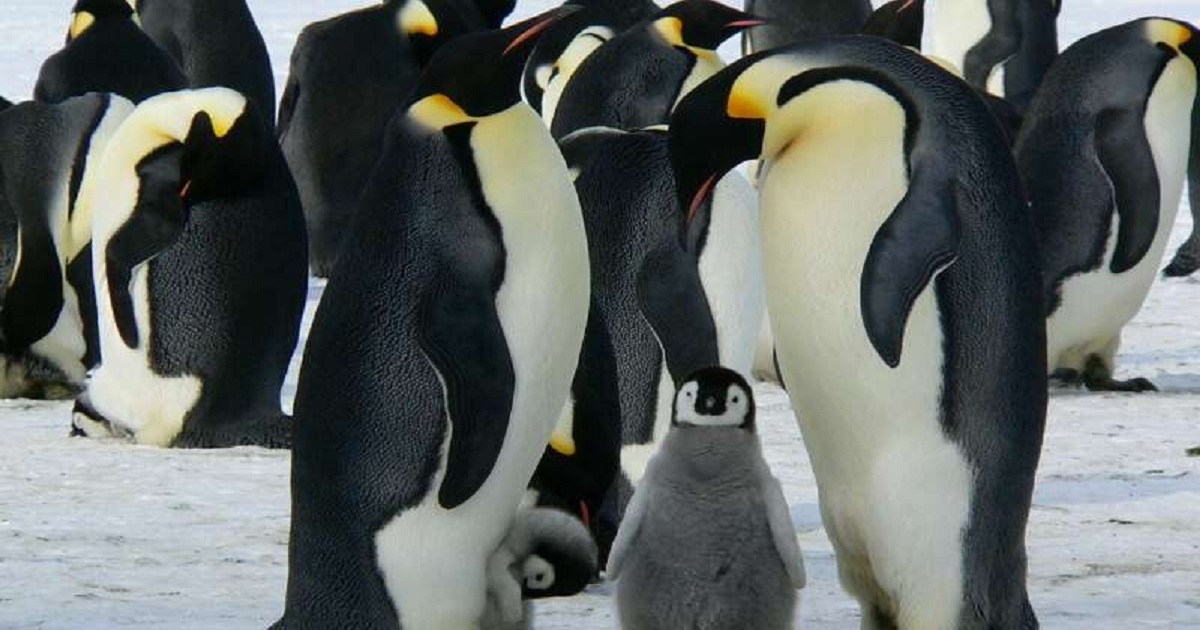Antarctic biodiversity hotspots exist wherever penguins and seals poop

Scientists have found that on the desolate Antarctic peninsula, nitrogen-rich poop from colonies of penguins and seals enriches the soil so well that it helps create biodiversity hotspots throughout the region. Their work, appearing May 9 in the journal Current Biology, finds that the influence of this excrement can extend more than 1,000 meters beyond the colony. Researchers braved the wicked cold of the Antarctic and maneuvered through fields of animal waste and groups of clamoring elephant seals, gentoo, chinstrap, and Adélie penguins to examine the soils and plants surrounding these colonies. "What we see is that the poo produced by seals and penguins partly evaporates as ammonia," says Stef Bokhorst, a researcher in the Department of Ecological Sciences at Vrije Universiteit Amsterdam. "Then, the ammonia gets picked up by the wind and is blown inland, and this makes its way into the soil and provides the nitrogen that primary producers need in order to survive in this landscape."